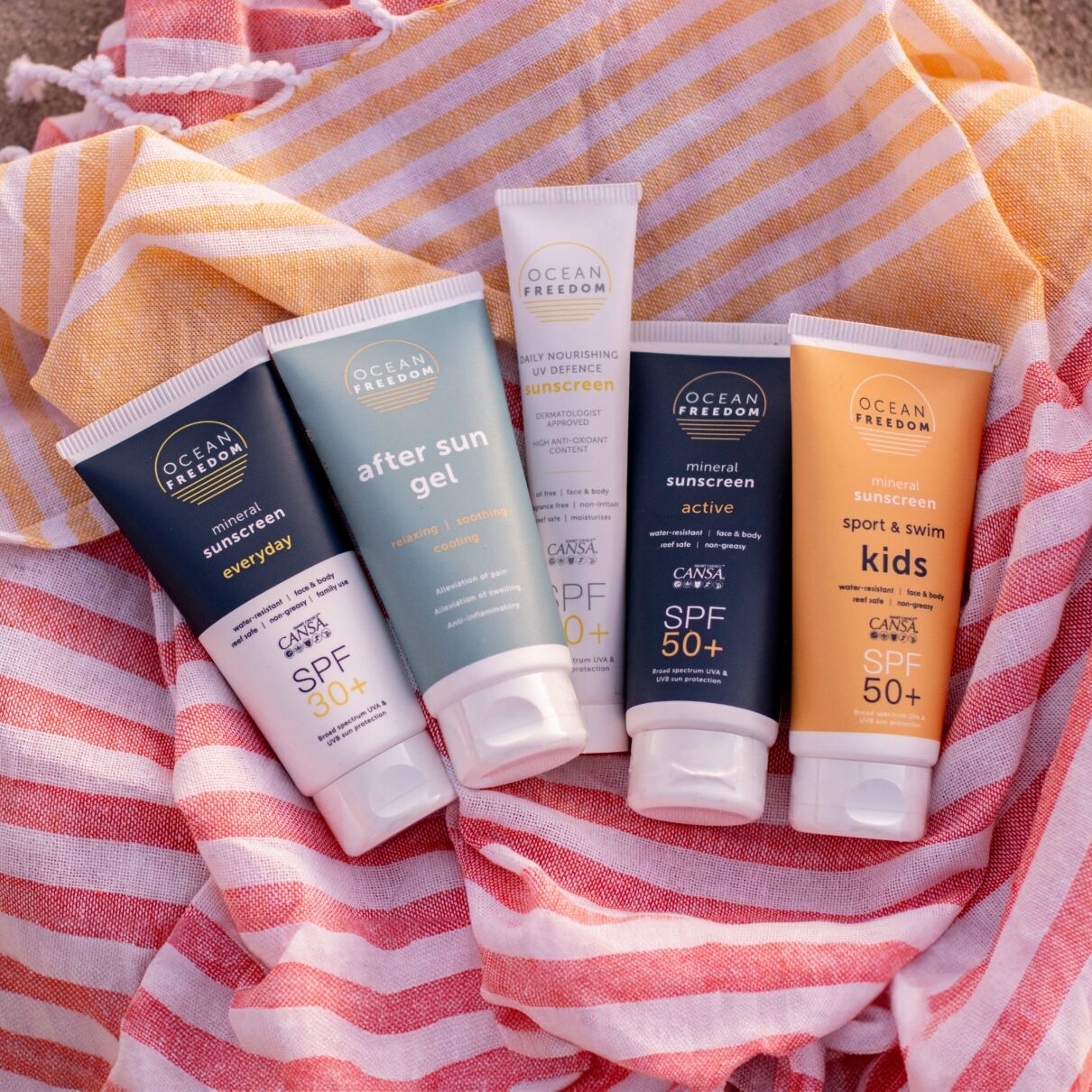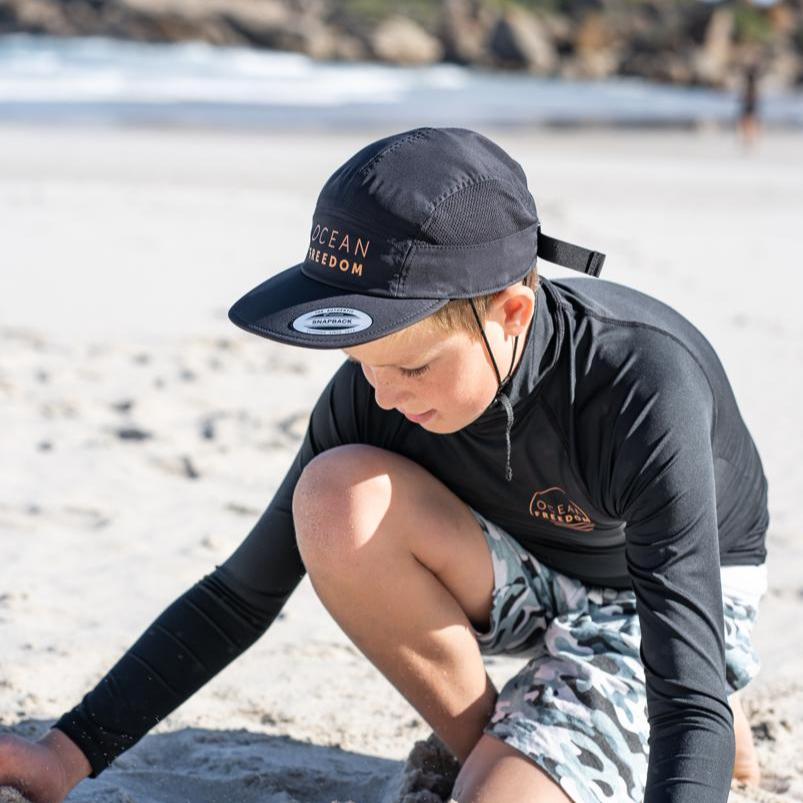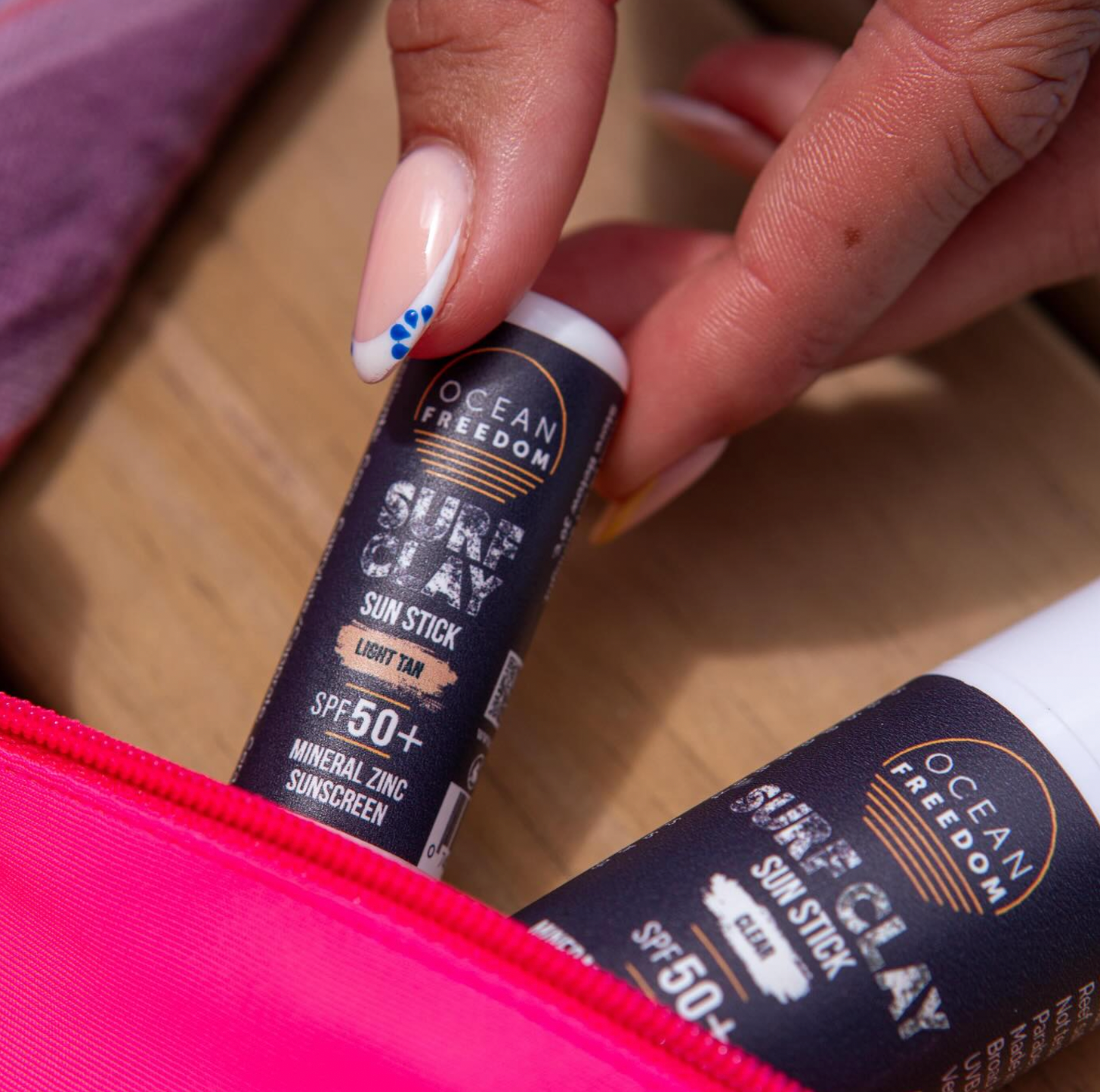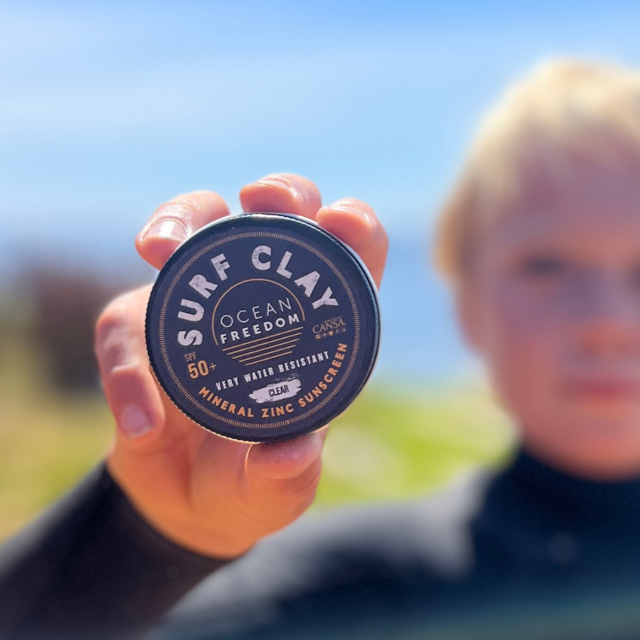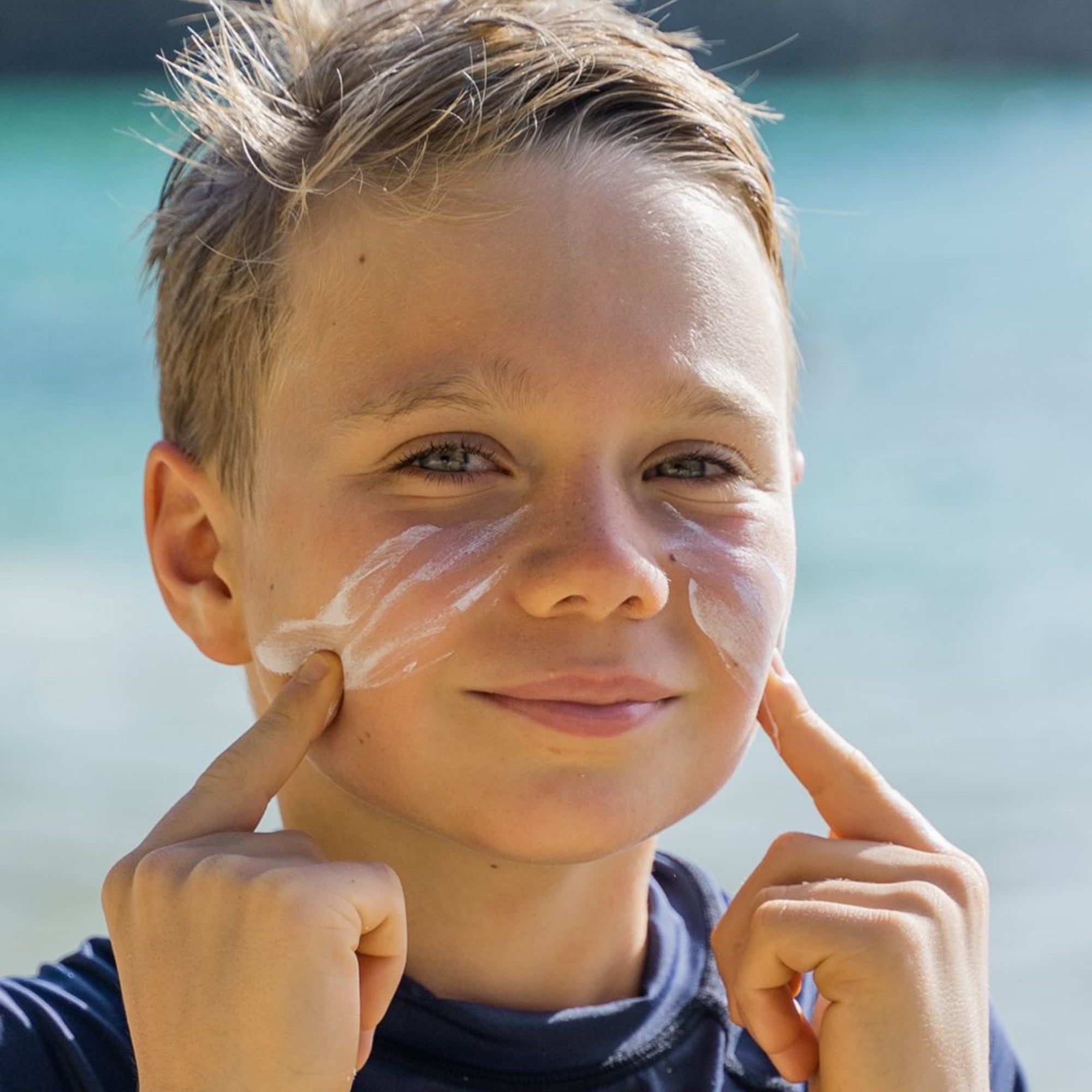The difference between SPF30 and SPF50 sunscreen lies in the level of protection they offer against the sun's ultraviolet (UV) rays. Sun Protection Factor (SPF) measures the amount of time it takes for UVB rays to cause skin redness compared to unprotected skin. Here's a breakdown of how the two SPFs compare:
1. SPF30 sunscreen: It offers protection against approximately 97% of UVB rays. This means it allows only 1/30th (or about 3.3%) of the UVB radiation to reach your skin. It provides a high level of sunburn protection.
2. SPF50 sunscreen: It offers protection against approximately 98% of UVB rays, allowing only 1/50th (or about 2%) of the UVB radiation to reach your skin. It provides a slightly higher level of sunburn protection compared to SPF30.
While the difference between SPF30 and SPF50 may seem minimal, it's important to note that SPF50 provides a marginally higher level of protection against UVB rays. However, it's crucial to remember that no sunscreen can offer 100% protection, so reapplication and other sun-safe practices like seeking shade and wearing protective clothing are still important regardless of the SPF level.
For more information on SPF you can also visit https://www.cancer.org.au/cancer-information/causes-and-prevention/sun-safety/about-sunscreen/spf50-sunscreen
Ocean Freedom is a purpose-developed range of mineral sunscreens for everyday use for families that love to live outdoors. Ocean Freedom sunscreens provide broad spectrum UVA and UVB sun protection by using non-nano mineral UV blockers making it great for outdoor use on land and in water for all sporting activities. Ocean Freedom mineral sunscreens are fragrance-free, non-greasy, dermatologist approved, reef-safe, sulphate-free, paraben-free, and suitable for all ages and skin types. Our proudly South African sun care products are developed, tested and authentically proven under the harsh African sun.
View the Ocean Freedom SPF30+ and SPF50+ Sunscreen Products here: https://oceanfreedom.com/shop/
Other Important things to look out for when purchasing a sunscreen:
Dermatologist approved
Dermatologist approval ensures that the product has been tested and deemed safe for use on the skin. This endorsement gives consumers confidence that the sunscreen has been formulated with skin health in mind and is less likely to cause irritation or adverse reactions.
Broad Spectrum SPF50+ UVA & UVB Sun protection
Protection Against Both UVA and UVB Rays offering protection against both UVA and UVB rays. UVA rays can lead to premature aging and skin damage, while UVB rays cause sunburn. A broad-spectrum sunscreen helps shield the skin from both types of harmful rays.
Paraben & Sulphate free
Parabens and sulfates are two common chemicals found in skincare products that some individuals prefer to avoid due to potential health and environmental concerns. By being paraben-free and sulfate-free, this sunscreen aims to offer a more natural and potentially safer option for consumers.
Water Resistant
Water-resistant means this sunscreen maintains its effectiveness after exposure to water, sweat, or moisture (40 minutes) however re application is required after 40 minutes if in water or sweating. Re-apply every 40 minutes if in water or sweating. Apply 15 minutes before going into the sun or water.

